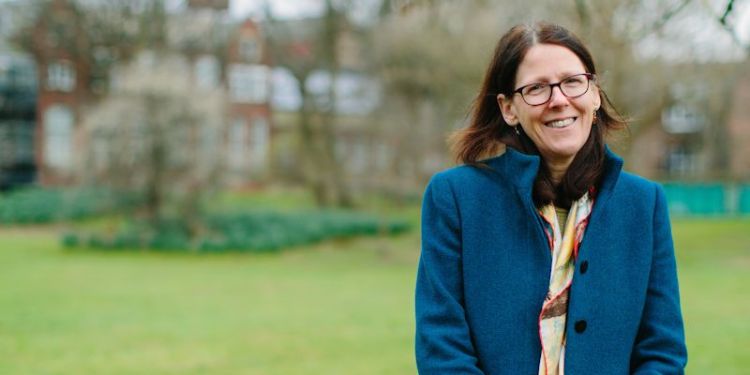Focusing attention on global sanitation issues

Providing sanitation to poor families living in slums and low income urban areas is one of the key global challenges which must be tackled to reduce inequality.
Academics from the Centre for Global Development at the University of Leeds are organising a high level technical workshop in the United States in collaboration with The Bill and Melinda Gates Foundation, the World Bank and the Center for Global Safe WASH (Water, Sanitation and Hygiene) at Emory University.
A new set of sustainable international development goals have been established by the United Nations, which the workshop, to be attended by the 65 leading academic and governmental thinkers and actors in the field, will attempt to begin working towards.
The aim is to review the constraints to urban sanitation delivery worldwide and to share existing knowledge and explore new thinking which could create solutions. It is intended to:
- Help set the agenda for the Bill and Melinda Gates Foundation and World Bank’s work in this area in the years ahead.
- Build relationships between governments, researchers and organisations working in urban development, sustainable energy, food security, global health and economic development.
The Centre for Global Development at Leeds has been at the forefront of sustainable approaches to urban sanitation services for 30 years, as well as studying and influencing policy on related issues.
Barbara Evans, Professor of Public Health Engineering, is a senior member of the centre’s staff and sits on the workshop’s organising panel. She also heads the University’s master’s course in Water Sanitation and Health Engineering.
Professor Evans said: “Sustainable and effective sanitation services are an essential part of creating cities which are resilient going into the future. The significant gaps in services we see at the moment leaves millions living in misery and exposed to health risks like diarrhoea, which remains one of the top three causes of preventable child death.”
Professor Evans says despite the body of knowledge which exists on effective sanitation delivery, few developing cities have moved from rapid informal growth and haphazard or absent sanitation to well-managed provision over the past 40 years.
The workshop is the start of a process to decide how improvement in sanitation provision can be practically achieved. Professor Evans believes commitment to financing political approaches to state-based issues, such as working toward establishing a Global Challenges Fund would be an important result. Finding ways to effectively share researchers’ world-leading knowledge with local governments, industry and other practitioners on the ground would also be a significant step.
Many city planners, engineers and political decision makers complain of limited and insufficient attention, data, evidence and knowledge to inform policy, programmes and investment to meet what remain as urgent needs in many areas, she said.
Professor Evans added: “Improving sanitation can have a positive impact on urbanisation, on water, food and energy security, as well as climate resilience. It will make a central contribution to sustaining health gains for the growing urban population of the global south in the coming decades.”
Poor sanitation contributes nearly five per cent of the total global burden of disease. Currently, an estimated 2.5 billion people worldwide, living in some of the most difficult urban environments, lack access to reliable sanitation at home, while experts say the waste of more than half the world’s population is not safely managed. In rapidly-growing urban areas of the global south, these problems are acute and rapidly worsening as cities grow and climate- and other related stresses increase.
Professor Barbara Evans is available for interview view the University press office.
Contact:
Peter Le Riche, Media Relations Manager: 0113 343 2049 | p.leriche@leeds.ac.uk
Details about the conference itself are here.




